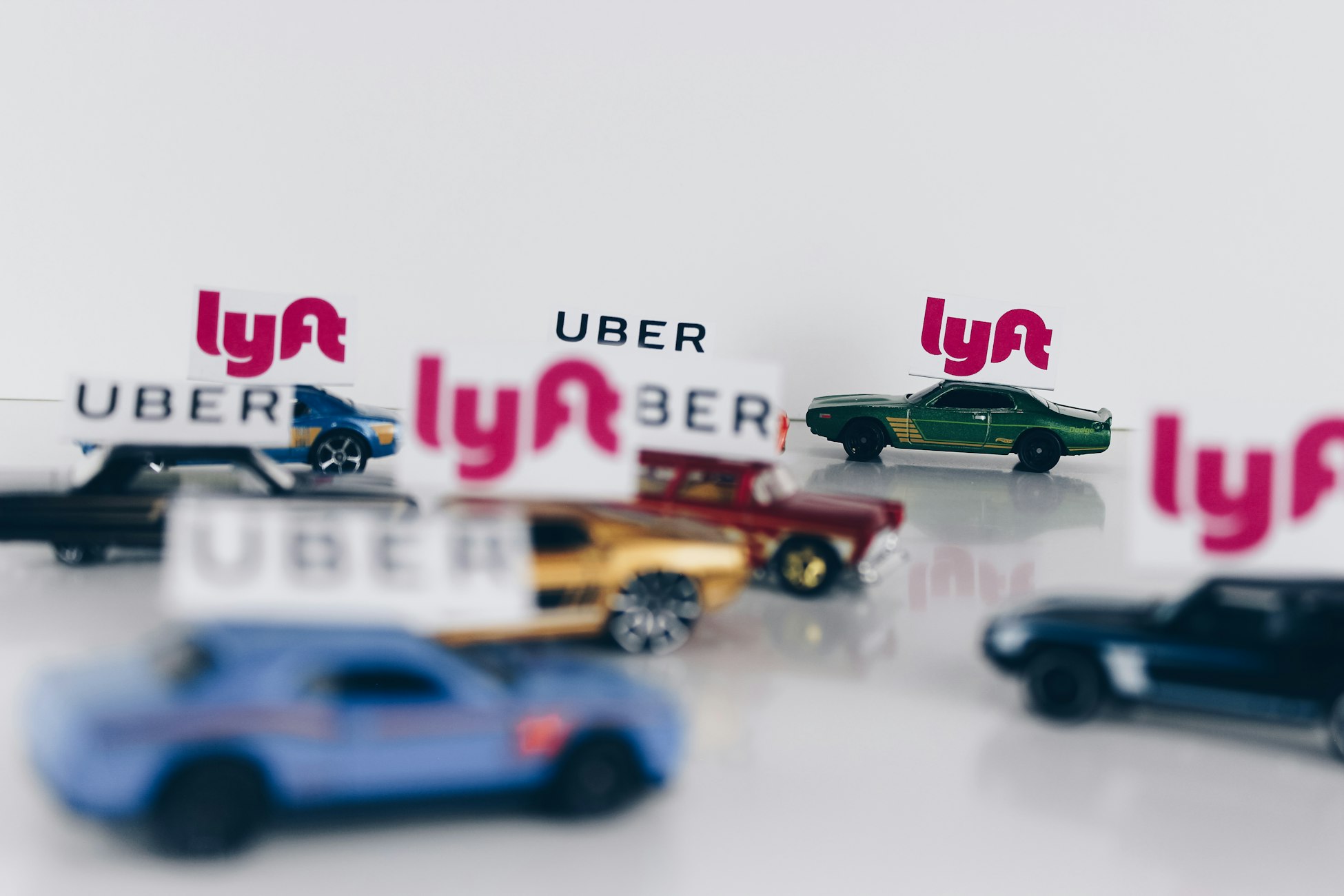
Since the sharing economy launched in the mid-2000s, the traditional way of doing business has changed forever. This gig economy has changed the way that people give and receive services. Some critics have claimed that this new business model has caused traditional businesses to suffer over the years.
Privacy or Safety Concerns
The on-demand business model has caused privacy and safety concerns for both customers and contractors. This type of sharing economy requires people to give up some of their privacy. When you request a ride through Uber or Lyft, you essentially request to get a ride from a stranger. When you rent out your house on Airbnb or VRBO, you are encouraging strangers to use your home.
By contrast, taxi and cab services must be licensed and follow consumer-protection guidelines that do not apply to ride sharing companies.
Little to No Guarantee
When you are sharing a car with others, you should assume the risk that the item you share could get damaged. Ride-sharing platforms possess this risk since drivers are required to have an operating vehicle. The ride-sharing company does not provide vehicles for drivers to use.
Riders in your vehicle can cause damage that you are responsible for. You may have to pay an insurance deductible if you own the vehicle, or a security deposit if you rent or lease the vehicle. A security deposit prevents any damage to your vehicle during the agreement. It is refundable if damages are not detected when you turn on your vehicle.
Risk of Fraud and Scams
When purchasing these services online, drivers and riders are not protected from fraud if there is an intent to mislead. Uber and Lyft drivers can scam passengers by requesting cash up-front or charging fees to the rider’s credit card or PayPal account. On the flip side, Uber and Lyft drivers can get scammed by passengers who bring other passengers along, use fraudulent credit cards, or cancel the trip mid-ride.
There are times when drivers who spent several hours on the road are defrauded by bogus riders who request a ride and are nowhere to be found once the service is provided. This is also the case through food service apps such as UberEats and GrubHub.
New Form of Capitalism
The sharing economy has contributed to a new form of capitalism. Apps like Airbnb, Lyft, and Uber are making most of the profits. The sharing economy requires the use of a third party to provide services.
It should be referred to as an Access Economy since it provides a platform for drivers to provide services and for riders to access those services. The ride-sharing companies are the ones who profit the most from these services, not the individuals who offer these services through these mobile apps.
Lack of Customer Loyalty
Consumers no longer feel the need to be loyal to a specific brand. They can jump from one ride-sharing platform to another if they need to do, especially when the outcome of the service is the same and is similarly priced. Many riders have switched back and forth between Uber and Lyft to find the cheapest rate at a given time.
The same goes for rental services. Customers can go back and forth between VRBO and Airbnb. There are plenty of food service apps such as GrubHub, UberEats, Doordash, and Postmates. If you have a bad experience with one service, you will want to switch to another to see how it operates.
There are plenty of service apps to go around. New companies keep popping up in big cities that promise cheap deals and sign-up incentives. The same goes for people who want to work for these companies. Since the sharing economy is built upon 1099 independent contractors, they do not receive the same benefits as full-time employees.
This leads to another problem when it comes to legal matters. In the event of personal injury, you cannot sue Uber or Lyft since their drivers operate as independent contractors.
These companies can maintain overhead costs since they do not provide benefits such as health insurance. The good thing about the sharing economy is that these companies are always looking for people, as contractors do not have to remain loyal to a single company. Most service platforms are often faced with this problem.
Service is Often Expensive
Even popular services like Uber and Lyft have a hard time keeping customers. Customer behavior is often episodic and sporadic to determine the revenue goals. You may enjoy Lyft’s service, but how long are willing to pay for their ride-sharing? Many people are glad that such a service exists, but they do not use it on a regular basis because of the rising costs.
The sharing economy has many advantages and disadvantages that most people should take into consideration. It has gained popularity over the years due to its convenience. As for its obvious flaws, there is still room for improvement. It is important for everyone to make note of these disadvantages of the sharing economy and decide when it is appropriate to use it.



